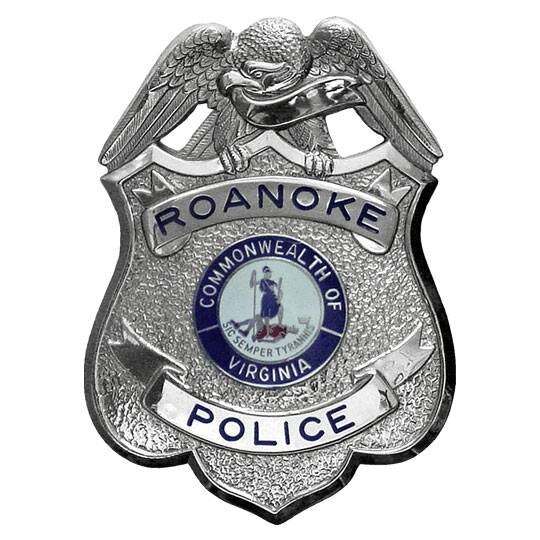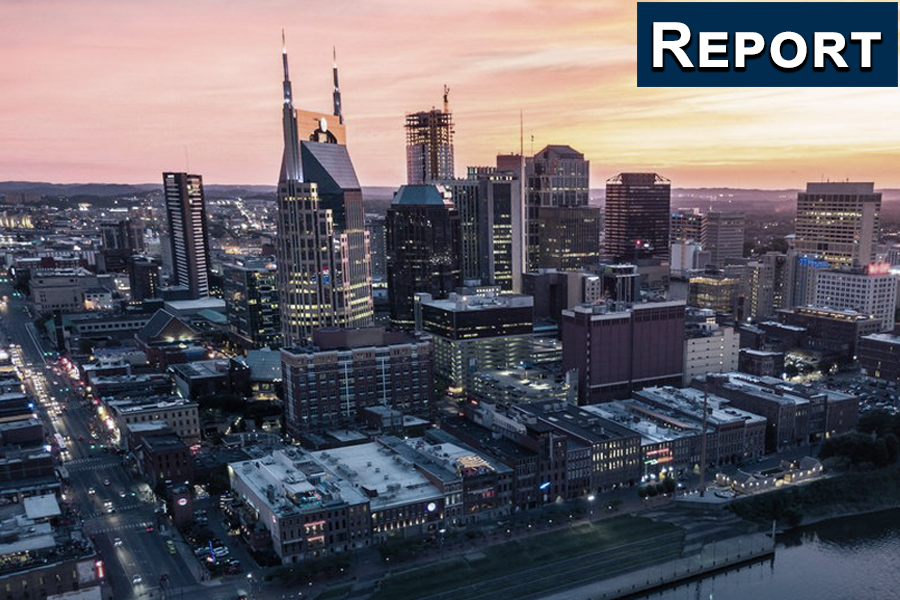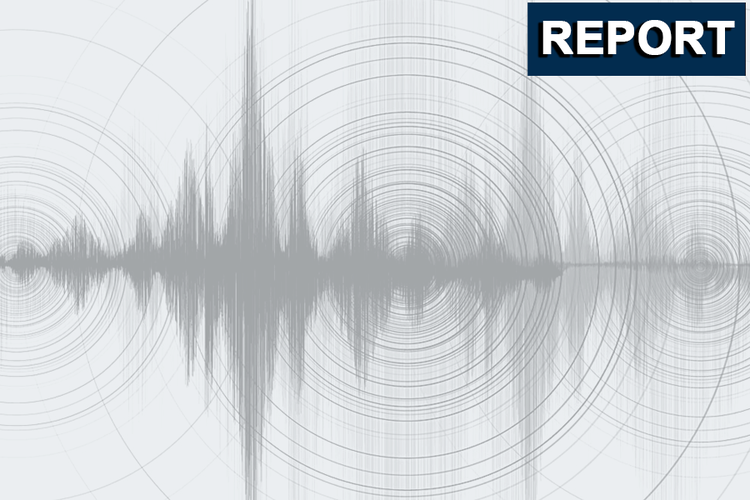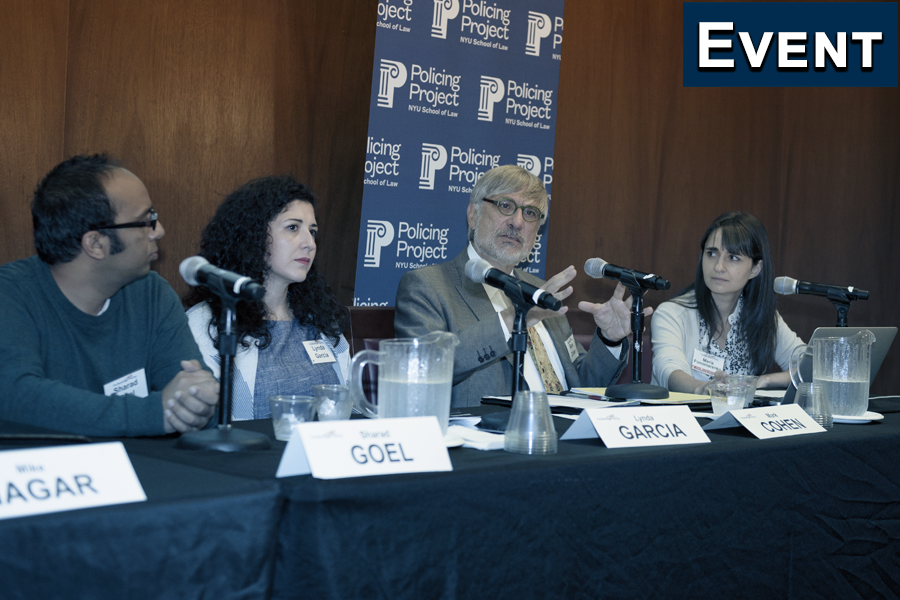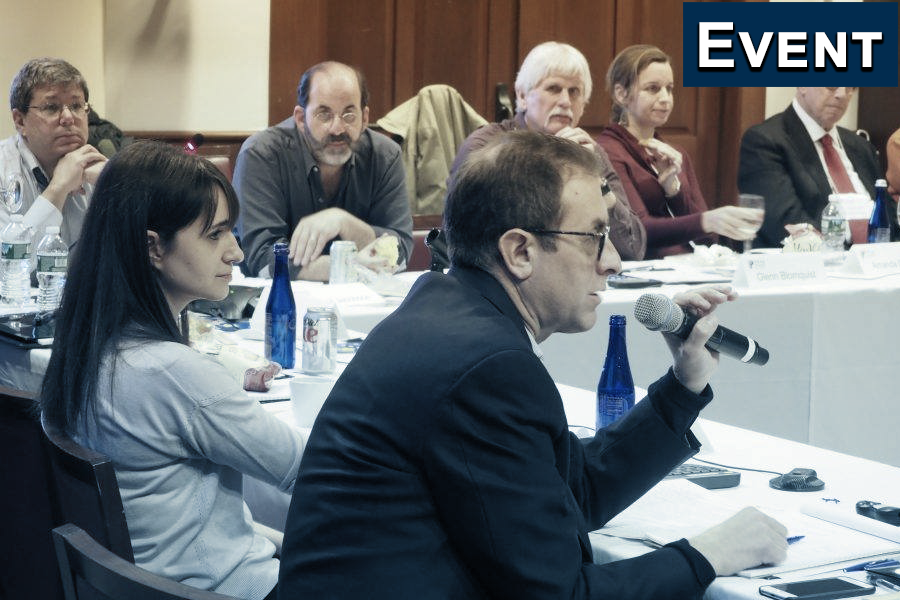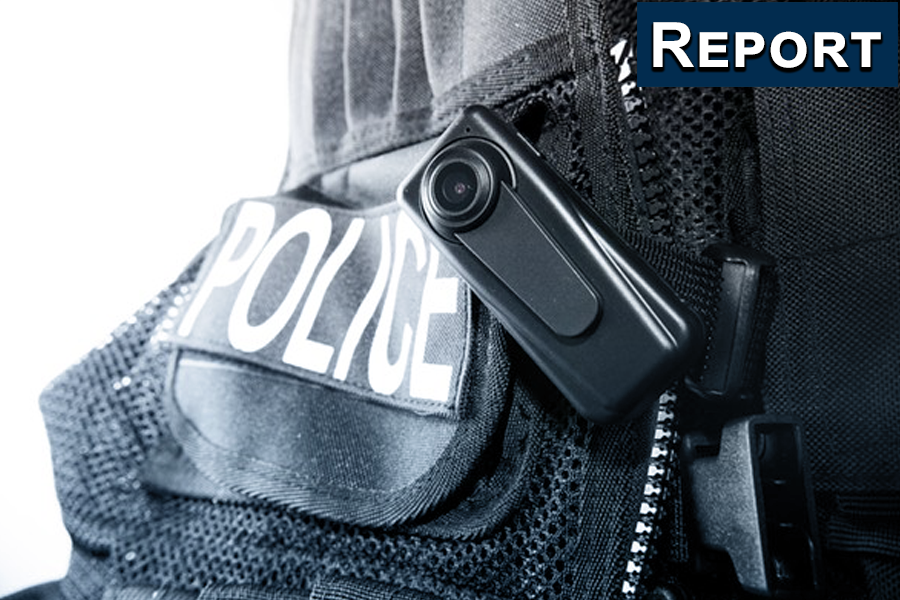Read the full report: Measuring the Costs and Benefits Associated With Vehicle Pursuit Policies (.PDF)
Measuring the Costs and Benefits Associated With Vehicle Pursuit Policies
in Roanoke City and Roanoke County, VA
Overview
Whenever a motorist refuses to pull over—or flees in the course of a stop—a police officer must make a decision of whether or not to pursue. Pursuits increase the likelihood of apprehending the suspect, but put officers and others at serious risk of injury or death.
In partnership with affiliated scholars Emily Owens (University of California Irvine) and Michael Mueller-Smith (University of Michigan), the Policing Project looked at two neighboring Virginia policing agencies—the Roanoke City Police Department and the Roanoke County Police Department—to assess the costs and benefits of more restrictive pursuit policies to policing agencies.
Highlights
1). In Roanoke County, vehicle pursuits became shorter, and thus safer, under a more restrictive policy, decreasing from 5.2 to 2.9 minutes on average. In Roanoke City, vehicle pursuits became longer reflecting a change in pursuit composition away from traffic offenses and towards other more serious offenses.
2). In both places, the expected costs from potential injury and loss of life to passengers, pedestrians, and officers fell under more restrictive pursuit policies.
3). In neither place was there evidence that the reduced likelihood of pursuit caused an increase in criminal activity. However in both places, arrest rates declined by about 2% under more restrictive pursuit policies, mostly reflecting fewer arrests for less serious offenses, such as drug offenses, freeing up police for the most serious matters.


